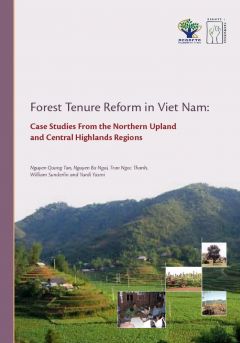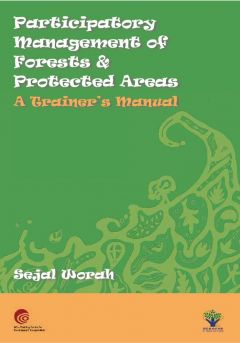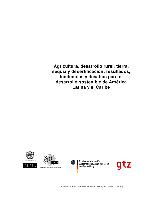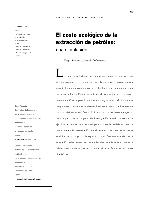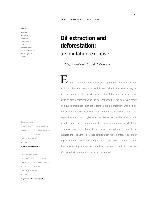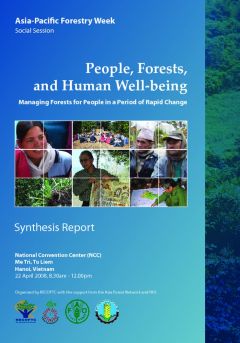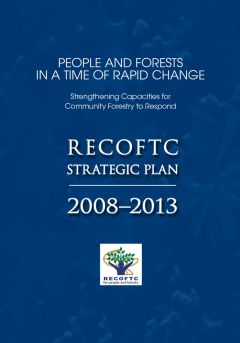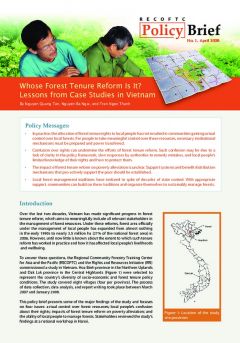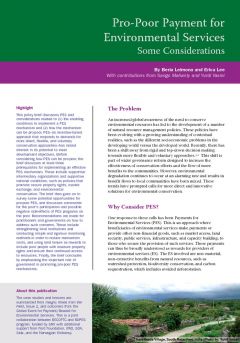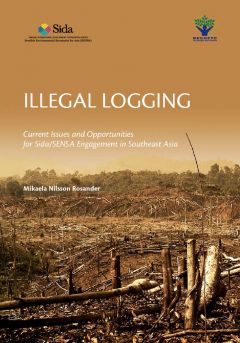Forest Tenure Reform in Viet Nam: Case Studies from the Northern Upland and Central Highlands Regions
This study is part of a project implemented by the Regional Community Forestry Training Center for the Asia and Pacific (RECOFTC) in collaboration with the Rights and Resources Group (RRG) to advance policy and market reforms in four countries: Cambodia, Lao PDR, Thailand, and Viet Nam. The overall goal of the project is to reduce poverty in forest areas, expand sustainable forest use and trade, and increase the effectiveness and impact of regional analysts and institutions in advancing pro-poor forest policy and market reforms.

